The good news came on the same sunny afternoon in Tokyo - where a very special event took place - the Vietnam - Japan Labor Cooperation Forum.
This is the first national forum on labor organized abroad and is held in Japan, where more than 500,000 Vietnamese people live and work, including 350,000 Vietnamese workers.

According to the program, Minister of Labor, War Invalids and Social Affairs Dao Ngoc Dung delivered the opening speech at the Forum and after Prime Minister Pham Minh Chinh spoke, the Minister left the event, accompanying the Prime Minister to attend talks with Japanese Prime Minister Kishida Fumio.
As soon as the meeting ended, Minister Dao Ngoc Dung immediately asked the Prime Minister for permission to return to the Forum to "bring good news" to share with hundreds of Vietnamese workers in Japan.
The good news was just agreed upon by the heads of the two governments of Vietnam and Japan during their talks. That is the decision to organize a specific skills test in Vietnam as soon as possible.
Regarding the specific skills exam, Minister Dao Ngoc Dung said it was his "pain" when Vietnam and Japan officially signed a memorandum of understanding on the legal framework to implement the "specific skilled workers" program in 2019, but since then, this has not been implemented.
For a long time, although Vietnam has been the country with the largest number of interns going to Japan to work, a paradox is occurring when Vietnamese workers have to spend more money, going to Cambodia and Indonesia to take the exam to work in Japan. Although this number is not large, it still makes the head of the Ministry of Labor, War Invalids and Social Affairs worried.
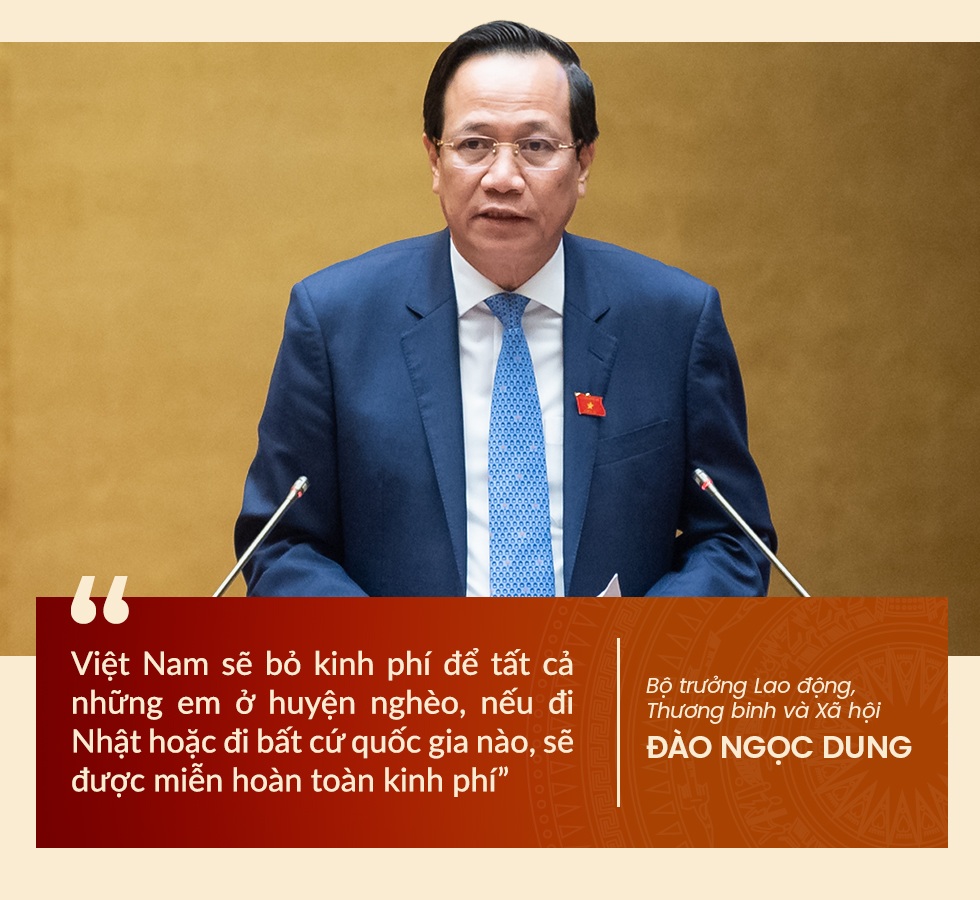
Therefore, during the trip accompanying Prime Minister Pham Minh Chinh to Japan this time, Minister Dao Ngoc Dung took the opportunity to immediately discuss with the Minister of Justice of the neighboring country, Koizumi Ryuji, to promote the resolution of this bottleneck.
And that effort has paid off when the leaders of the two countries agreed to organize a specific skills test in Vietnam at the earliest possible time. The Ministry of Labor, War Invalids and Social Affairs plans to set a timeline of early 2024.
In addition, to take care of a part of the labor force in the non-profit sector, Minister Dao Ngoc Dung said that Vietnam will spend money so that all laborers in poor districts who choose to go to Japan, or to any other country, will be completely exempted from all expenses, from training, foreign language teaching, taking care of exit procedures to creating employment conditions when returning home.

Along with the Vietnam - Japan relationship, Minister of Labor, War Invalids and Social Affairs Dao Ngoc Dung said that cooperation in human resource development between the two countries has achieved very encouraging results, demonstrated in three major areas: Labor; vocational training and education; and development of the social security system.
In which, Minister Dao Ngoc Dung emphasized the orientation that Vietnam is moving towards becoming a pioneer country in social security and sustainable employment, so that no one is left behind.
In the field of labor cooperation, the Minister assessed that Vietnam is developing quite rapidly with about 350,000 Vietnamese workers working in Japan, ranking first among 15 countries with workers working here.
But the good news is not only the growth in quantity, but more importantly, the improvement in quality when many people after working in Japan return to become bosses. Not only that, Japanese leaders also highly appreciate the role of human resources that Vietnam provides to this country, in terms of quantity, quality and trust.
Minister Dao Ngoc Dung said that recently the Ministry of Labor, War Invalids and Social Affairs coordinated to organize a discussion with workers returning from Japan, Korea, Taiwan, etc., to listen to each person's ideas.
Minister Dung and Prime Minister Pham Minh Chinh, Minister of Planning and Investment, agreed after the forum in Japan to study and have separate policies for those who have returned from working abroad and want to start a business.
Referring to the path from working for hire to striving to become a boss, the Minister of Labor said that in reality, there have been successful people. Some people have not been able to become bosses, but they have certainly become much more mature, especially the young people in ethnic minority areas in remote areas of the poorest districts of the Northern mountainous region such as Ha Giang, Yen Bai, Lao Cai...
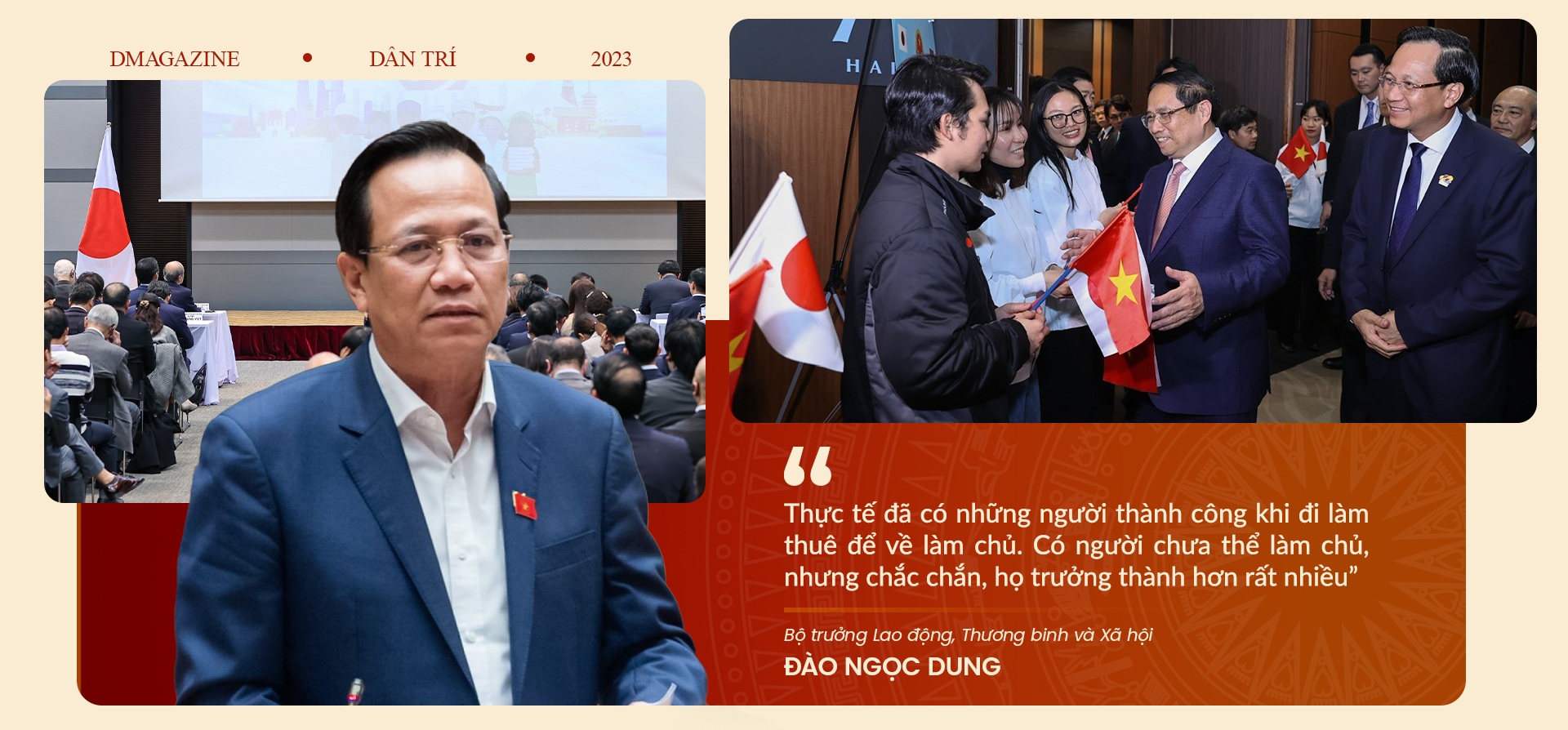
Referring to the story at the National Assembly forum, delegates questioned the issue of balancing domestic and foreign resources as well as caring for and nurturing the ethnic minority workforce, Minister Dao Ngoc Dung emphasized "this is a job that requires a lot of effort".
"We must truly care for them, treat them like our own children, teach them, guide them, coax them, teach them skills, culture and work style, so that they can integrate and gradually adapt to the new environment," the Minister shared.
The important thing, according to him, is that when workers return, they not only have money, but also new awareness, which is the most valuable thing.
In the coming time, the Minister of Labor oriented to bring labor cooperation to a new level, focusing on training high-quality human resources.
"It's time for Vietnam to drastically reduce sending unskilled, unskilled or low-skilled workers to work abroad," Minister Dao Ngoc Dung emphasized.
Minister Dung analyzed the current context of Vietnam, domestic labor resources are no longer abundant, Vietnamese enterprises also have a great need for human resources.
Besides, in addition to potential markets such as Japan, Korea, Taiwan, Vietnam also targets many other markets such as Canada, Germany, Romania, Australia, New Zealand...
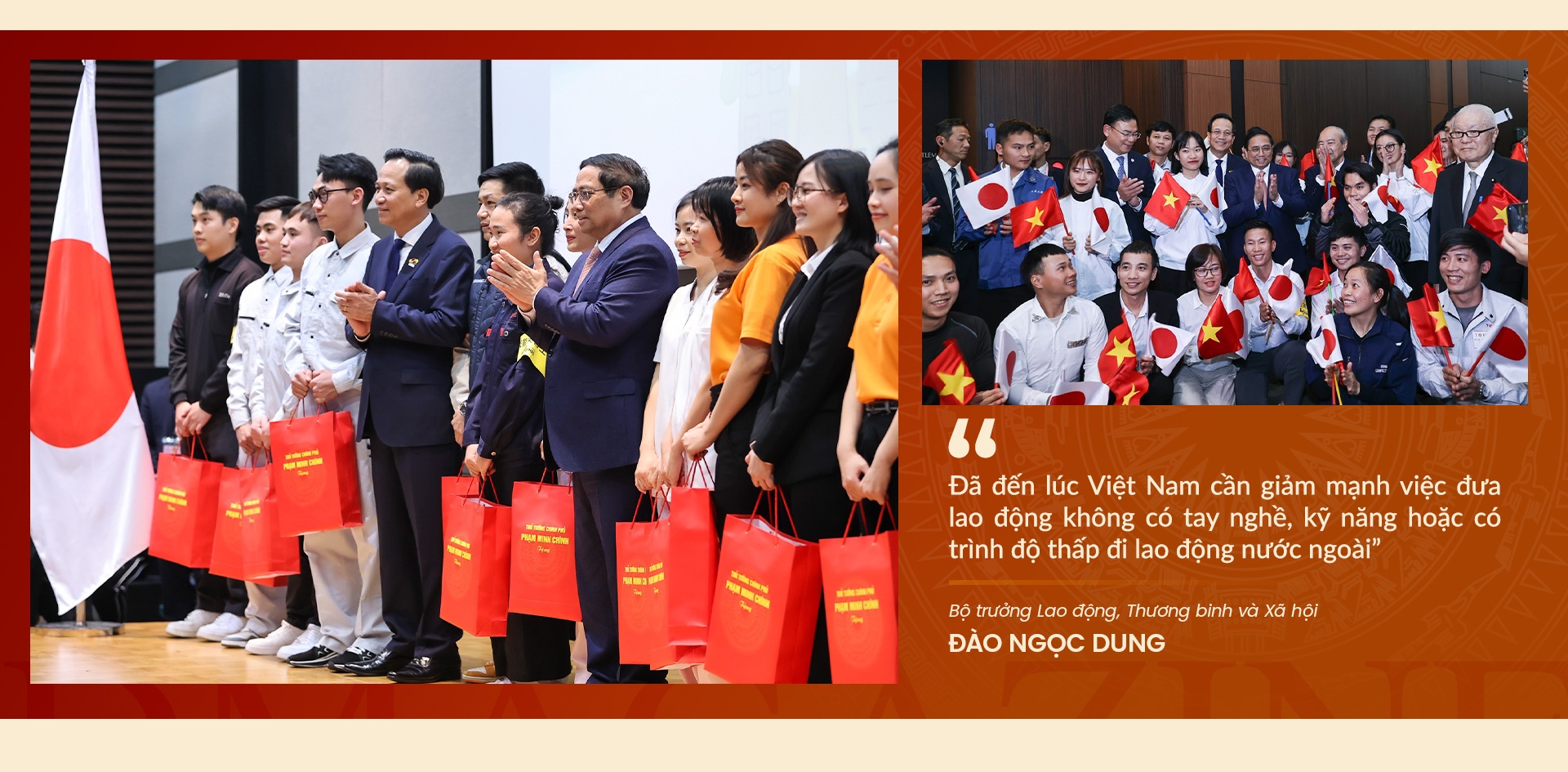
Therefore, the motto of Vietnam is to create conditions and encourage businesses to do business honestly. Vietnam and Japan agree that if Japanese unions are not fair, they must be dealt with, and the same goes for Vietnamese businesses that do not do business honestly.
"Recently, we have dealt with many businesses that violated the law, suspended many, revoked their licenses, and transferred many to investigative agencies. There are businesses that have received medals but still had their licenses revoked. Businesses even wanted to sue, but I said they should sue, the spirit must be transparent," said Minister Dao Ngoc Dung.
According to the Minister, for every business, brand and human resources are the two most important factors. If human resources work wholeheartedly, the business will certainly succeed. The industry leader hopes that Vietnamese businesses and Japanese unions will continue to coordinate to overcome shortcomings and promote good points so that everyone can win.
Prime Minister Pham Minh Chinh, speaking at the Vietnam-Japan Labor Cooperation Forum, also noted that through cooperation activities with Japan, Vietnam needs practical and realistic directions, such as recruiting and dispatching qualified and skilled workers; having a desire to learn, perseverance, and striving to keep up with the development of the times in new fields such as semiconductors and information technology.
The Prime Minister also asked the authorities of Japan and Vietnam to coordinate and create the best living and working conditions for Vietnamese workers to minimize risks and inequality, so that workers can work with peace of mind.
In addition, the Prime Minister hopes that agencies of the two countries will coordinate closely, remove bottlenecks, and resolve problems such as income tax and residence tax exemptions for Vietnamese workers.
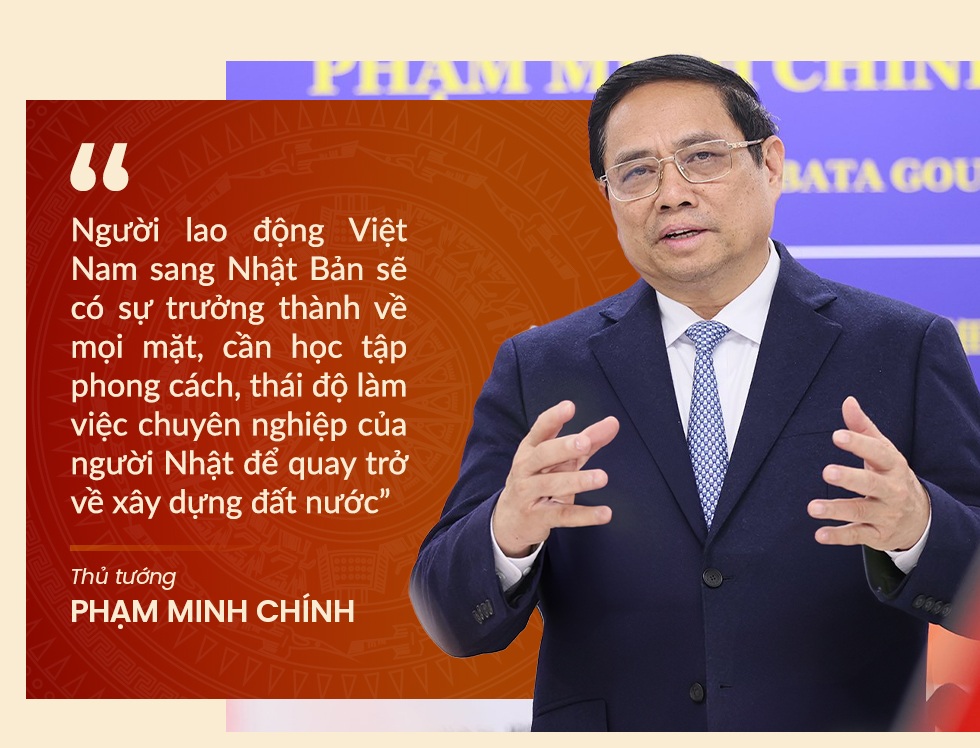
For Vietnamese interns and workers, the Prime Minister hopes that the time in Japan will be an unforgettable memory in each person's life. Citing the saying "a day's journey, a basketful of knowledge", the Prime Minister believes that workers who travel a long distance from Vietnam to Japan will mature in all aspects, take advantage of the opportunity to live and work in Japan, learn the Japanese style and serious, professional working attitude, and return to build the country.

Sharing with Dan Tri reporter from the perspective of a business in the labor sector, Mr. Le Long Son, Chairman and General Director of ESUHAI Group LLC, said "I am very happy to hear the messages from the head of the labor, war invalids and social affairs sector".
This is a unit that has been operating for 20 years in the field of training and developing high-quality human resources from Vietnam to Japan.
According to Mr. Son, the Vietnam - Japan Labor Cooperation Forum is an event to "raise the level of Vietnamese workers".
Mr. Son also shared the reality that there are many Vietnamese workers in Japan with good skills and high quality, the number is increasing, and many of them have gradually matured, and after working in Japan, they have returned home to become owners and managers.
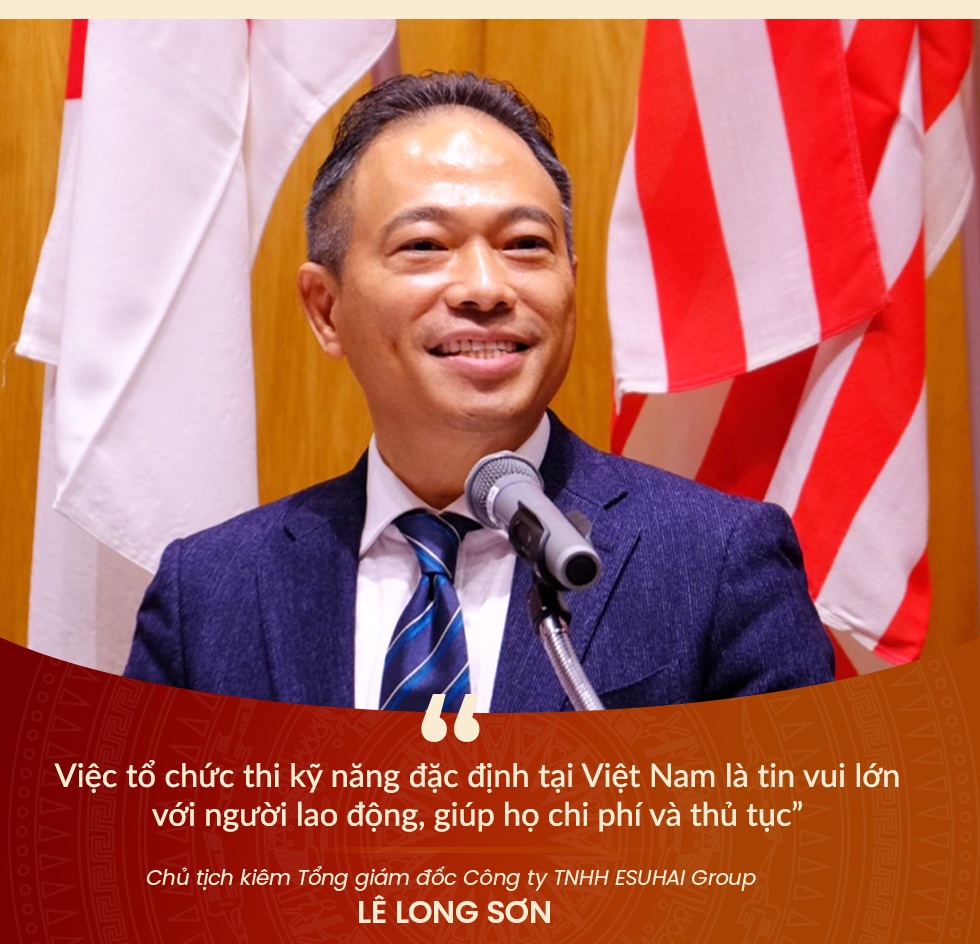
With the leaders of the two countries deciding to soon organize a specific skills exam in Vietnam, Mr. Le Long Son said that this is "great good news" for Vietnamese workers and businesses operating in the labor sector, helping workers reduce costs and procedures, and increasing opportunities to work in potential markets.
Previously, when the specific skills exam was not yet held in Vietnam, Mr. Son said, many workers wanted to go to Japan to work but always felt insecure about having to spend money to take the exam in another country. However, this exam "had no guarantee" because it was conducted through an intermediary, which could easily incur additional costs and negative consequences.
Therefore, according to Mr. Son, the organization of this exam must be managed and controlled by a State agency to avoid negativity.
Business representatives recommended that the Vietnamese Government coordinate with the Japanese side to soon organize a specific skills exam to ensure quality and publicize all information so that workers know.
Mr. Son hopes that in the context of Vietnam being in the golden population period, with an abundant labor force, everything will be favorable, improving expertise and skills, sending young, qualified and knowledgeable human resources to Japan to study and work, and then return to build the country.
In fact, Japanese businesses, industries and services expect to receive Vietnamese human resources not only as simple workers, but also as personnel with expertise, knowledge and good work ethic.
Therefore, it is necessary to focus on training and equipping workers with the mindset of "taking the short term to support the long term", working while studying to improve professional capacity, foreign language ability, working skills, management skills, etc. Mr. Son believes that this will help workers develop their future careers.
ESUHAI Group leaders expect Japan to continue supporting the development and improvement of the quality of Vietnamese human resources, because these human resources will contribute to Japan's development, thereby joining hands to build a developed Vietnam and a prosperous Japan.
Mr. Tran Thanh Luong, Chairman of the Board of Directors of International Joint Stock Company (TIC), also shared the same excitement after attending a forum on labor cooperation with many special things.
TIC is a human resource supply company with nearly 20 years of experience, in which the main supply market is Japan. Up to now, this company has sent thousands of interns to Japan for technical internship.
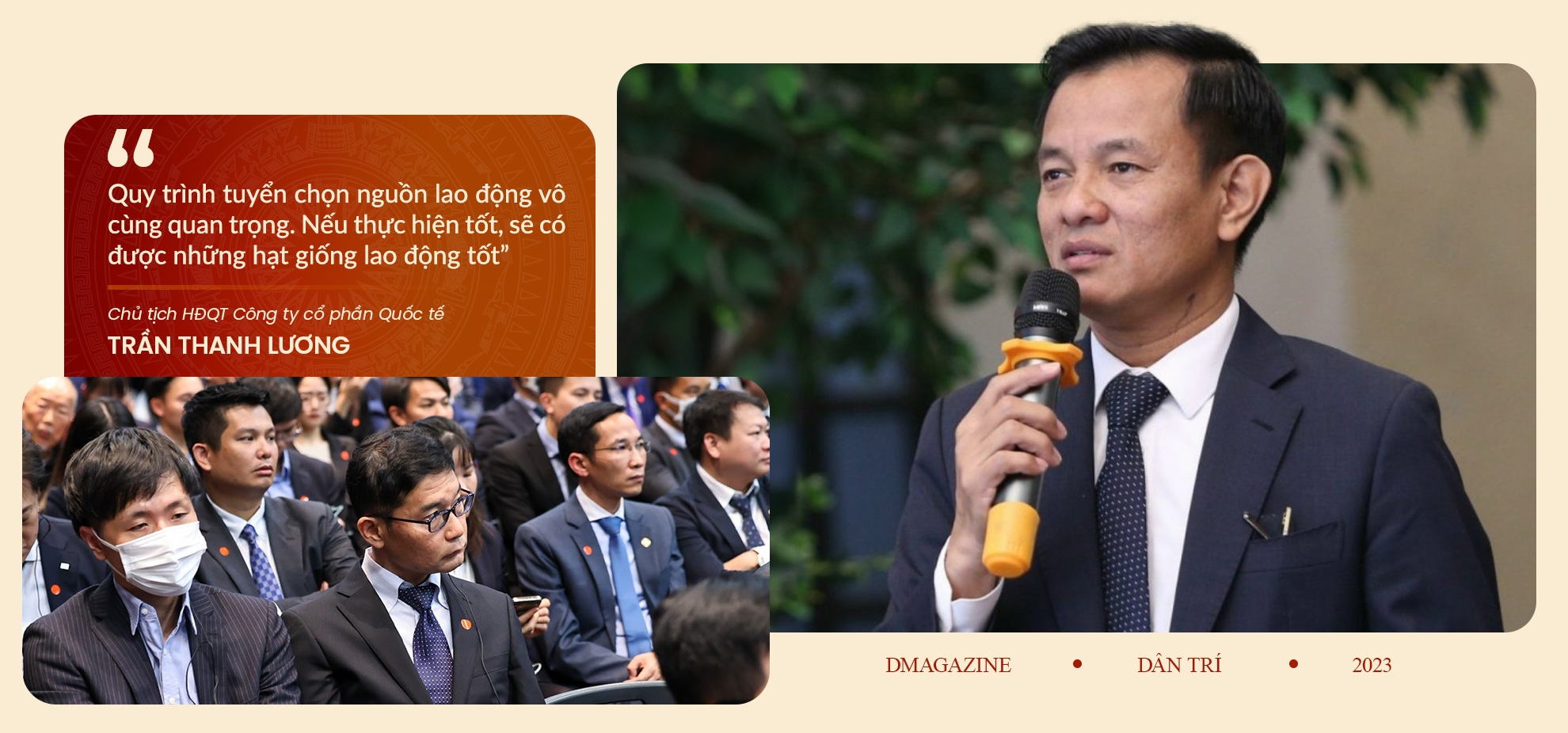
According to Mr. Luong, in the process of organizing activities to send workers to work abroad, the process of selecting labor resources is an extremely important step. If this work is done well from the beginning, there will be good human resources seeds, which will be the premise for the implementation of the following work, in order to produce truly quality factors.
In fact, Mr. Luong said that difficulties in recruiting labor have occurred when the economic recession has not yet recovered after the Covid-19 pandemic, many countries in the world have fallen into a state of labor shortage.
In order not to miss the "recovery train" after this period, TIC leaders made many recommendations.
First of all, he emphasized the need to improve the quality of operations of sending enterprises to create trust for workers when choosing sending enterprises, on the basis of operating in accordance with the laws of the two countries.
In addition, it is necessary to require dispatching enterprises to thoroughly apply legal regulations and rules set forth by associations, and commit to selecting workers based on objective standards and according to the requirements of foreign employers.
Regarding state agencies, Mr. Luong recommended strengthening inspection and screening of businesses that do not meet operating conditions.
In particular, it is necessary to soon introduce strong sanctions to prevent organizations and individuals without the function of participating in the labor recruitment and fee collection process; organize propaganda campaigns so that workers choose the right legal channels to work abroad instead of having to go through intermediaries and outside guidance.
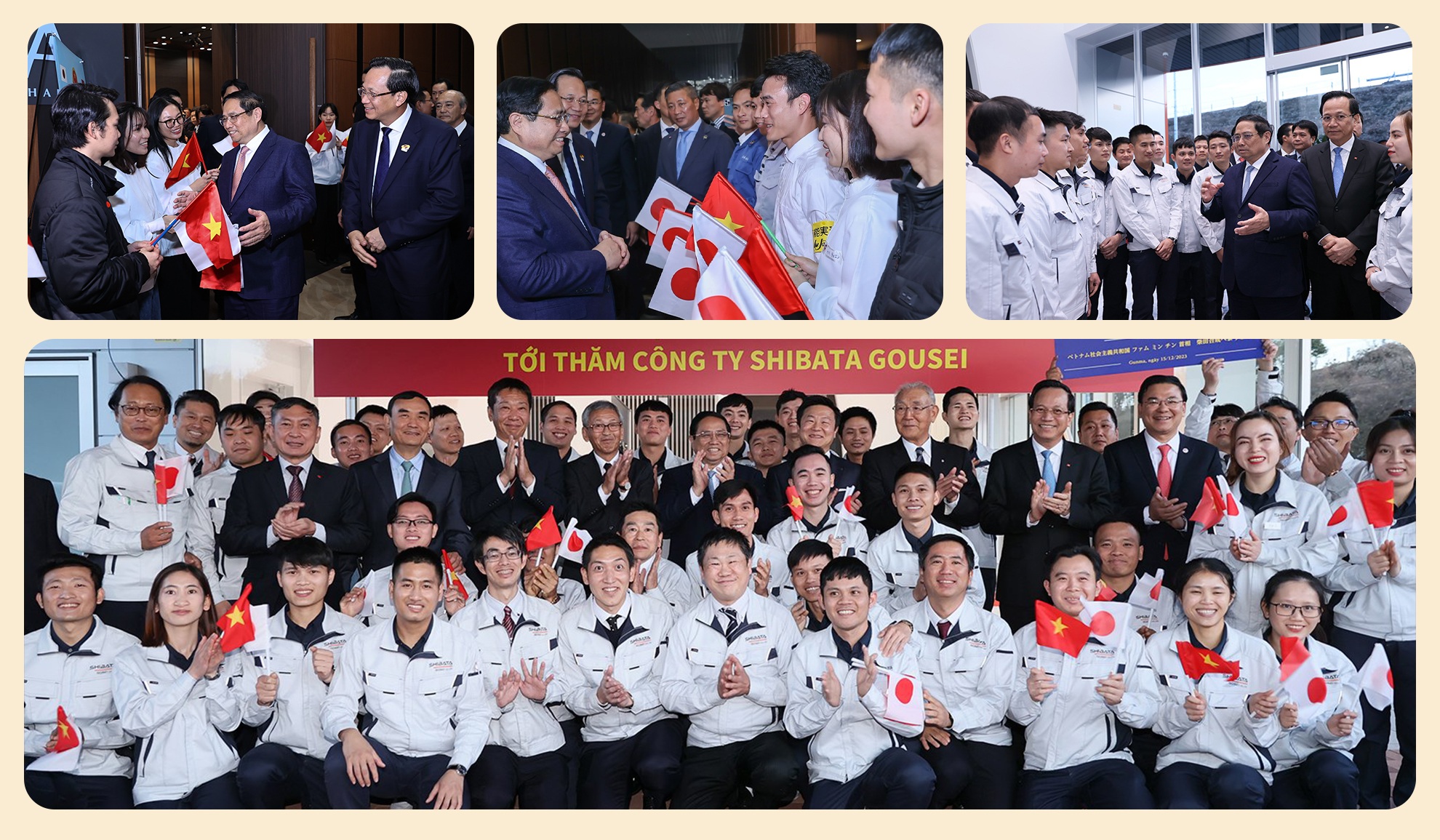
Labor cooperation between Vietnam and Japan officially began in 1992, through receiving Vietnamese trainees to practice skills in Japan.
To date, the total number of Vietnamese workers living and working in Japan is about 350,000. Vietnam is currently the country sending the most workers among the 15 countries participating in sending workers to Japan.
Vietnamese human resources are considered very hard-working and have made great contributions to the economic and social development of Japan today.
Source link











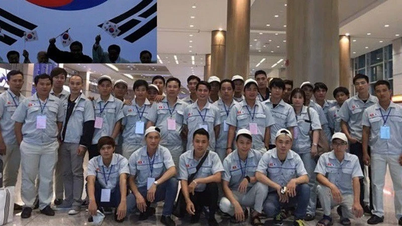

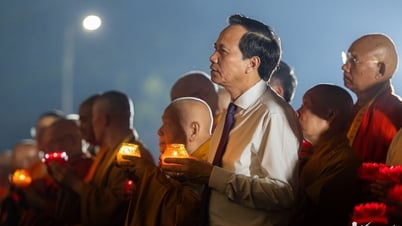

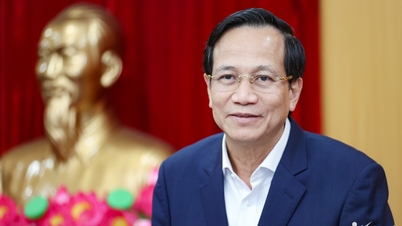

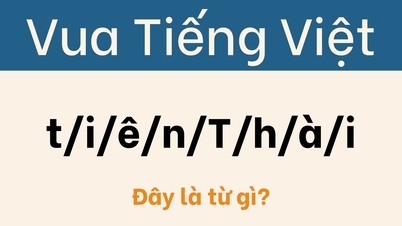

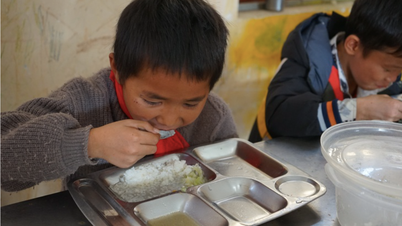

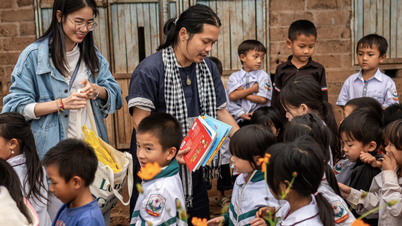
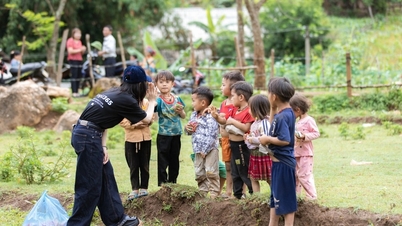
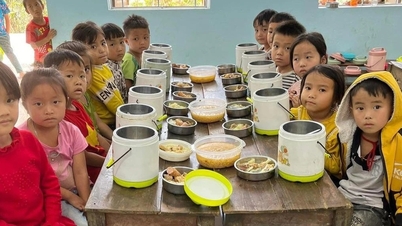




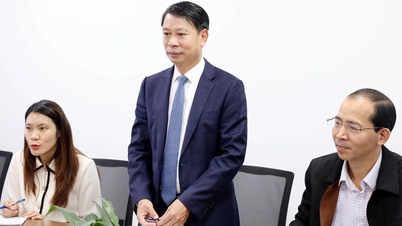




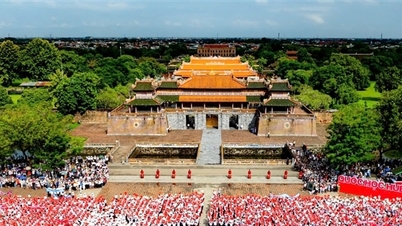

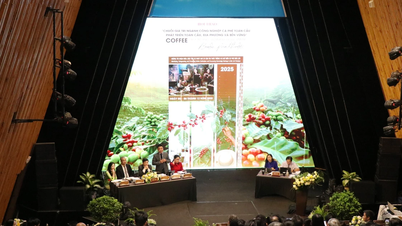









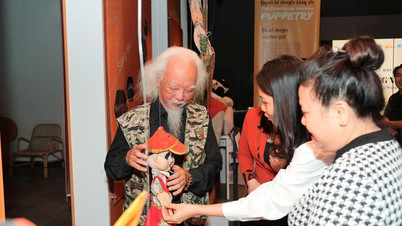

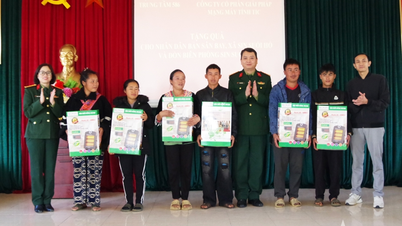

















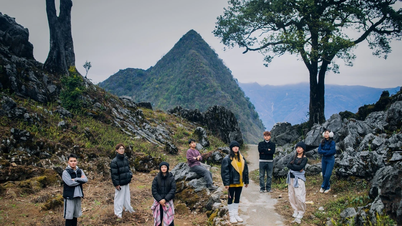
















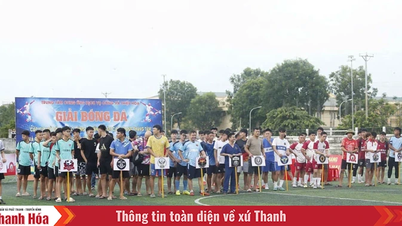

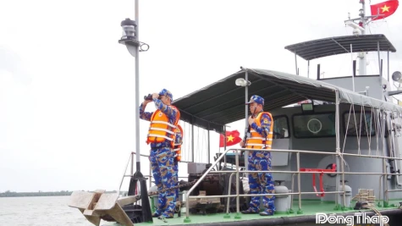





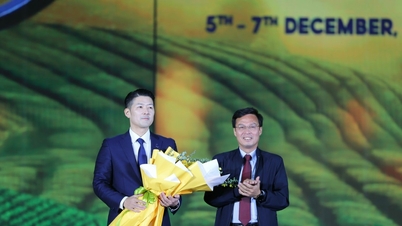


















Comment (0)